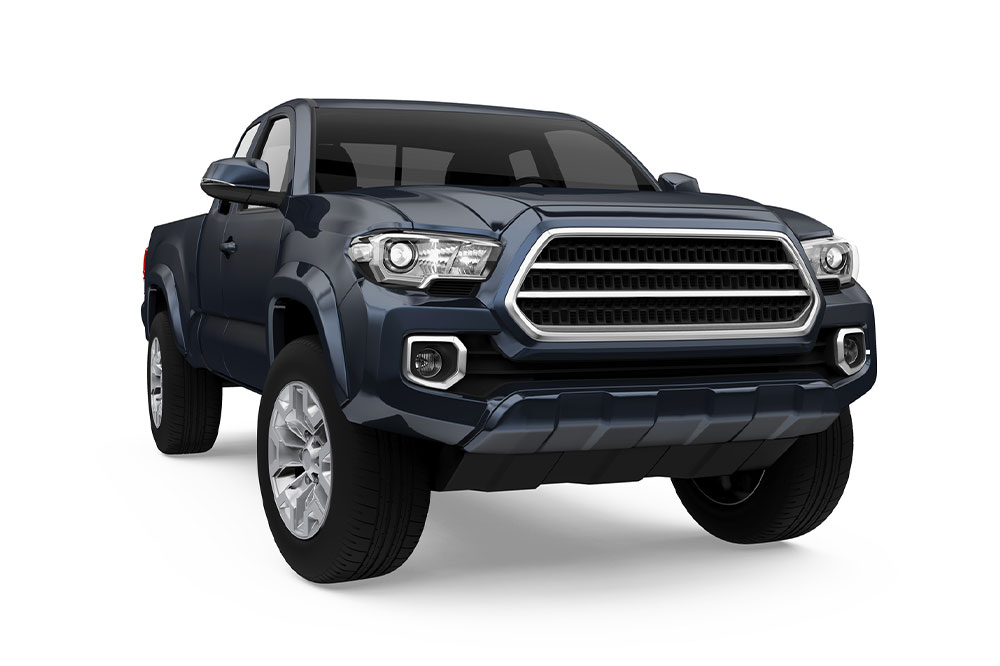Understanding the Role and Benefits of Auto Dealer Surety Bonds
This article explains the significance of auto dealer surety bonds, detailing their purpose, parties involved, types, cost factors, and how they protect both consumers and dealerships. Understanding these bonds helps buyers and dealers navigate licensing requirements and ensure compliance, fostering trust in automotive transactions.

What Are Auto Dealer Surety Bonds and Why Are They Important
Auto dealer surety bonds serve as a safeguard for consumers against dishonest or fraudulent car dealerships. To operate legally, auto dealers must obtain licensing through the State Department of Motor Vehicles (DMV) and secure the necessary insurance. For informed buyers, securing an auto dealer bond is straightforward, but without proper research, the process can seem complicated.
These bonds ensure that dealerships adhere to all laws and regulations, protecting customers from potential financial losses. Essentially, an auto dealer surety bond is a contractual guarantee between a surety (the bonding company), the dealer (the principal), and the customer (the obligee). It ensures that the customer receives compensation if the dealer defaults or acts unethically.
This legal agreement involves three entities: the obligee (the customer), the principal (the auto dealer), and the surety (the bonding company). Its primary purpose is to shield the customer from financial loss caused by dealership failures or misconduct.
Auto dealer surety bonds are built on financial guarantees that protect all parties involved. If a dealer defaults or breaches the contract, the bond enables the customer to recover damages and ensures dealer accountability.
Such bonds uphold the dealer's credibility and allow customers to hold dealerships accountable for payment issues or unethical behavior. Various types of auto dealer bonds are available, including Dealer Vehicle (DV), Recreational Vehicle (RV), motorcycle, used-car, and wholesale dealer bonds.
All bonds operate similarly; any breach of the bond's terms by the dealer, customer, or financial institution can lead to a claim. State regulations vary, and licensing authorities can provide guidance on applying for a bond. It’s advisable to consult with licensed agencies or dealers for support if unsure about the necessity of a bond.
The cost of an auto dealer surety bond differs by state, influenced by factors such as required coverage, application process, financial qualifications, credit history, and bond premium costs.
Note:
Our blog offers useful insights across various topics, but the information provided should not be seen as definitive. We recommend verifying details with relevant authorities or professionals. The website disclaims responsibility for data discrepancies or omissions, and readers should seek personalized advice for their specific situations.









